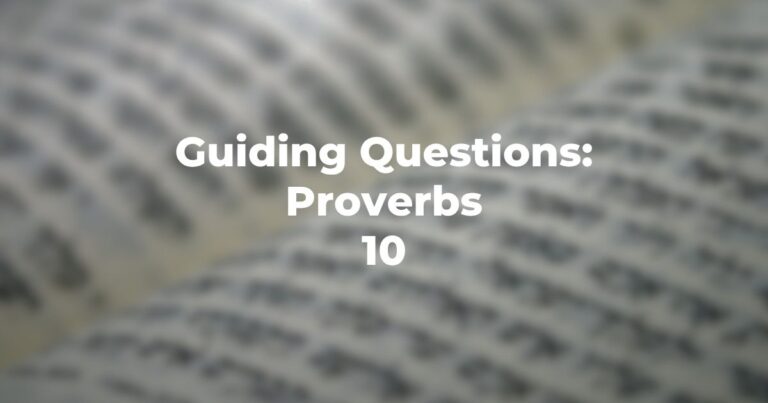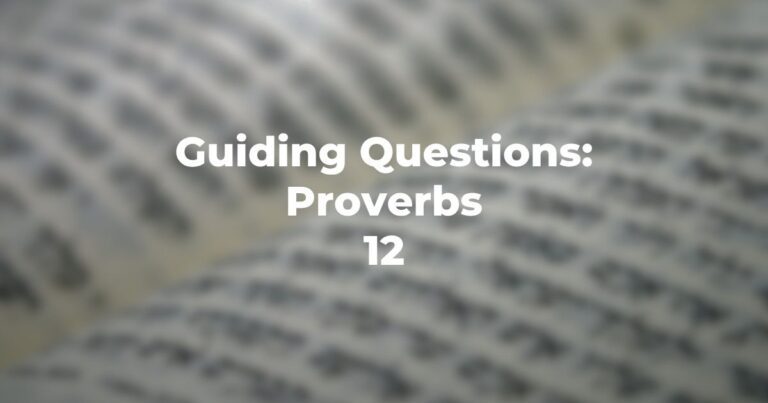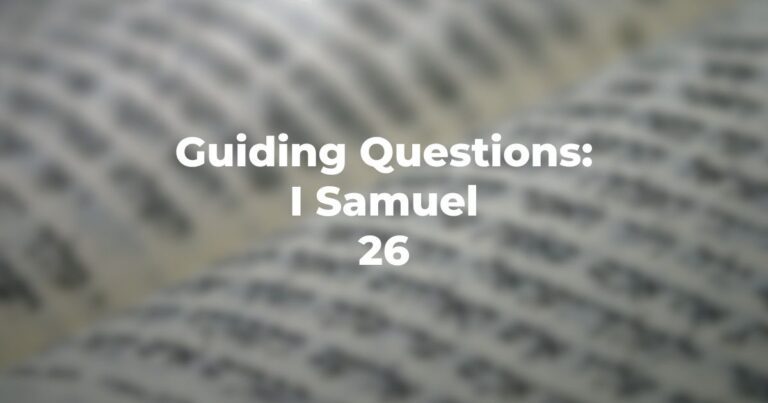- What opportunity is Moses afforded pre-death, not afforded to either Miriam and/or Aharon?
- Is the leader’s final charge to the elite (zekaynim/Kohanim) or to the rank and file?
- Does Moses deal with prospect or retrospect (or both) as he unfolds his charge to B’nai Yisrael?
- Why is the Latin name (Deuteronomos) for this section (volume) of TorahRefers to the first five books of the Hebrew Bible, the Tanakh, also called the Five Books of Moses, Pentateuch or the Hebrew equivalent, Humash. This is also called the Written Torah. The term may also refer to teachings that expound on Jewish tradition. Read more not essentially descriptive of what we Jews, ourselves, consider it to be?
- What has happened to the man who self-described as “kevad peh” (difficult to express himself)?
- What accounts for the variations in the midbar (wilderness) itinerary as set forth here as compared with the itinerary in Shmot, Va’yikra, Bemidbar and elsewhere?
- Why is the term “Har Sinai” not used by Moses?
- Are the boundaries (Deuteronomy 1:6-7) of the land the same as those set forth previously?
- How does Moses’ description of the decentralization of authority compare with the account in Shmot (and particularly in the Yitro portion)?
- What is the key governing element which is to guide the “judges?”
- Does this opening of the Book of Devarim imply that “you do not know where you are going, either geographically or, more important, in living, unless you know where you have been?”
- Is the recapitulation in this chapter (and that which will follow) for the purpose of nostalgia or to provide instruction, to highlight what is to be avoided, and to affirm the perpetual central factor of life (as the Brit projects it) i.e. kedushah/tzedek?
- And, does this introduction indicate that understanding the significance of any event is a function of distance from it and of reflection? That is why B’nai Yisrael are a people who constantly study history.
- However, does this imply that one lives “in history” or, rather, that change in life is normative and that the “final charge” (as in the Book of Devarim) will include many changes; or, put otherwise, is this volume “conservative” – retention of the essential with modification of the incidental?
- In this final charge, are “nice things only” being said or does the treatment refuse to distort reality in order to afford direction?
- In this chapter, and in the chapters to follow, the question must be asked—does Mosheh choose to be remembered for “popularity and stroking” or rather for information and guidance? How does he understand the term Ish ha-Elohim?
- Will the land, in this volume, now take on an ever more important role?
- In this chapter (and to be kept in mind for chapters to follow) will Moses talk of his love for the Israelites or, rather, will he talk of his devotion to brit, tzedek, the Kadosh Barukh Hu?
- In this encapsulation, what role does Moses give to feeling, to emotion, to sense perception and what role is given to tzedek, to reason?
- If, in some of the recalling in this volume, there is some “inaccuracy in detail,” is there any inaccuracy in substance (as, for example, Deuteronomy 1:12-17)?
- Who decides that “spying out” the land should be undertaken?
- Is the initiative that of the leader or of the entire Israelite community?
- As a matter of fact, in this entire section, who is (are) the main actor(s)—Moses, “the twelve” or all of the Israelites?
- Are the words “va’yahperu” and “va’yeraglu” used in the previous narrative of this event? If not, is there any significance to the change in key verbs?
- How are “the twelve” quoted in Deuteronomy 1:25?
- How does this relate to Deuteronomy 1:28?
- Does this version of the story note the majority/minority report?
- If so, where?
- Does Moses’ statement in verse 30 indicate that reliance on God’s intervention is what is expected of a free man?
- As Moses quotes himself, is he recalling a major error which he has made, i.e.: failing to stress self-reliance which is an essential characteristic expected of Israelites as free men?
- If so, how does his statement relate to Deuteronomy 1:37?
- Is there any other reason given in verses 36 and 37 for Moses’ punishment and being lumped with the Israelites in exclusion from going into the land?
- How does Deuteronomy 1:36 and Deuteronomy 1:38-39 relate to one another?
- Is the outcome of the narrative, as recounted here by Moses, any different from the outcome of the previous story? If yes—in what fashion?
Author
-

Exploring Judaism is the digital home for Conservative/Masorti Judaism, embracing the beauty and complexity of Judaism, and our personal search for meaning, learning, and connecting. Our goal is to create content based on three core framing: Meaning-Making (Why?), Practical Living (How?), and Explainers (What?).
View all posts




